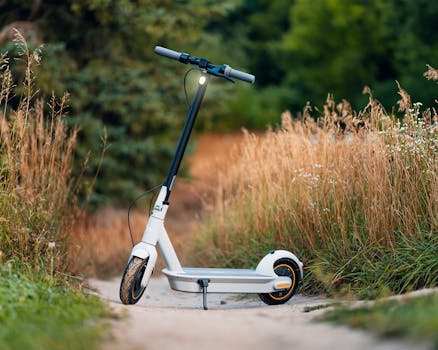
Sustainable Living: Emerging Trends for 2025
Sustainable living is becoming increasingly important as we face the challenges of climate change and environmental degradation. As we approach 2025, several trends are emerging that will shape the way individuals and communities adopt more sustainable practices.
1. Zero Waste Lifestyle
One of the most significant trends in sustainable living is the zero waste lifestyle. This philosophy encourages individuals to reduce their waste to the minimum by rethinking how they consume products. From using reusable containers to composting organic waste, the zero waste movement aims to divert as much material as possible from landfills.
2. Renewable Energy Solutions
As technology advances, renewable energy solutions are becoming more accessible and affordable. Solar panels, wind turbines, and other renewable energy technologies are being adopted by households and businesses alike. By 2025, we can expect more communities to rely on renewable energy sources, decreasing our dependence on fossil fuels.
3. Sustainable Fashion
The fashion industry is undergoing a transformation as consumers demand more sustainable practices. From eco-friendly fabrics to ethical manufacturing processes, sustainable fashion is emerging as a significant trend. Brands are increasingly focusing on transparency in their supply chains and offering clothing that is not only stylish but also environmentally friendly.
4. Urban Gardening and Food Sustainability
Urban gardening is becoming popular as people look for ways to grow their own food in limited spaces. Vertical gardens, community gardens, and rooftop farms are sprouting up in cities around the world. This trend not only promotes food sustainability but also enhances the green spaces within urban environments.
5. Conscious Consumerism
Consumers are becoming more aware of their purchasing decisions, leading to a rise in conscious consumerism. People are choosing to support brands that prioritize sustainability and ethical practices. This trend is influencing companies to adopt more sustainable practices, creating a positive feedback loop for the environment.
Conclusion
As we move towards 2025, sustainable living trends are becoming more prominent. The zero waste lifestyle, renewable energy solutions, sustainable fashion, urban gardening, and conscious consumerism are shaping a future where sustainability is at the forefront of our daily lives. By embracing these trends, we can collectively work towards a healthier planet.




